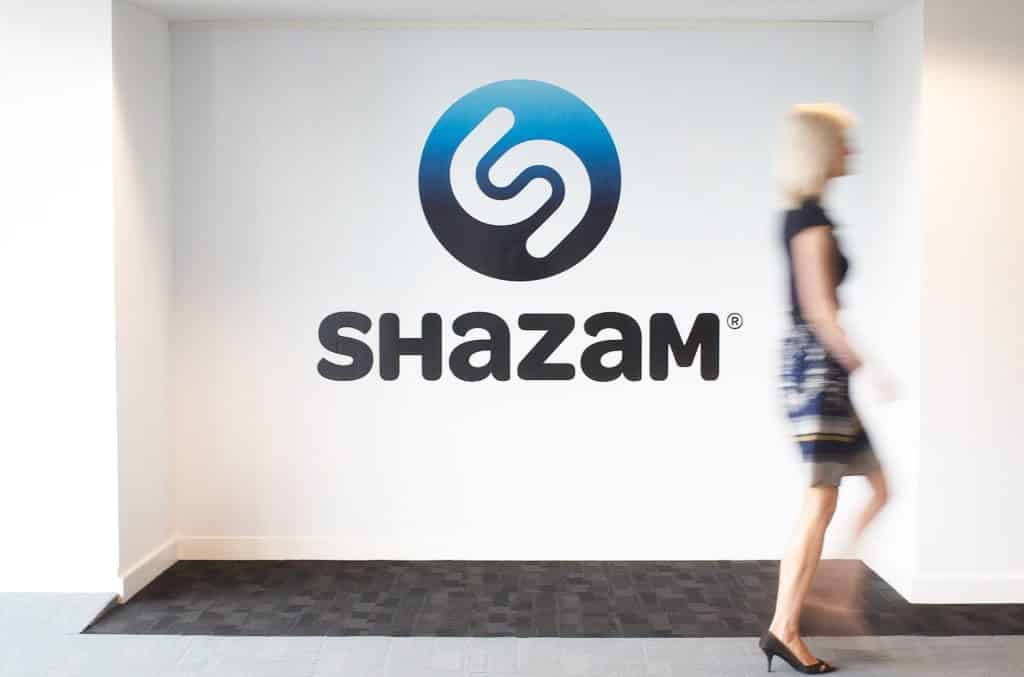Apple Purchases Shazam, What’s Next for Ancillary Technology?
Published January 1, 2018

2017 was a very acquisitive year for Apple. The Company made 16 acquisitions, primarily focused on bolstering its marquee iPhone with new features in preparation for the much-anticipated launch of the iPhone X. While these value-adding improvements are important in a fast-changing industry, one recent investment resonated with a larger crowd.
On December 11, 2017, Apple purchased Shazam, everyone’s favorite music recognition app. The Company paid $400M, which translates to a revenue multiple of 7.3x. This purchase signals Apple’s priority of growing subscription-based revenue streams and improving Siri. Shazam will add value to Apple’s established Apple Music service and will prevent competitors from leveraging the music recognition technology. Recently, many similar web-based audio identification technologies such as Gracenote, Rexly, Musicphone, and Sonalytic have also been acquired. Large tech companies who missed out on this wave of acquisitions are now left with the long and costly process of developing their own alternative software, giving Apple’s Siri a leg up in the emerging artificial intelligence industry.
What does this mean for mergers and acquisitions? Apple’s move into music recognition software will propel other companies to seek their own competitive advantage. Companies such as Amazon, Microsoft, Tidal, and Google will look for ways to fill the void or further differentiate their products; acquisitions can provide these capabilities more quickly than developing such products in-house. Google’s December acquisition of Redux ST, an audio tech company with the ability to convert screens into speakers, is just one example. However, in line with CEO Jeff Bezos’ attitude toward acquisitions, Amazon has yet to purchase any ancillary technologies that would support Alexa or Prime Music.
Apple’s purchase of Shazam demonstrates large tech companies’ appetites to purchase proprietary technology in lieu of developing or licensing it. As the pace of technological innovation continues to accelerate, more companies will begin to rely on inorganic growth by acquisition.
“At Meridian Capital, we work with a broad range of tech companies to find them the best possible valuation through our extensive network of potential investors.”
Patrick Ringland, Managing Director
Meridian Capital